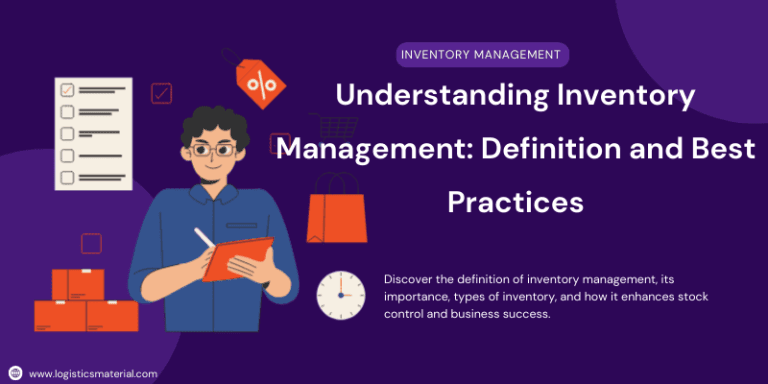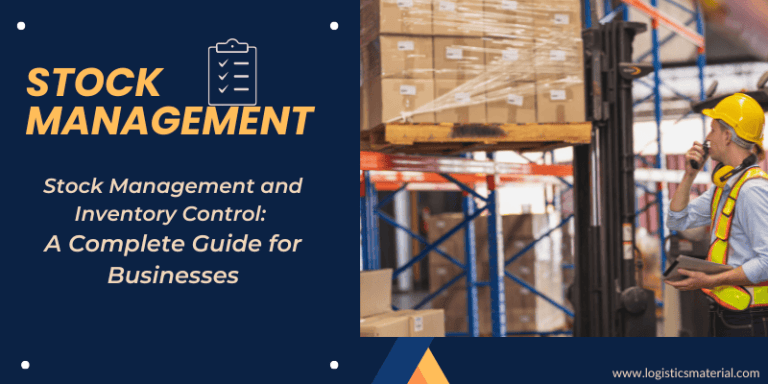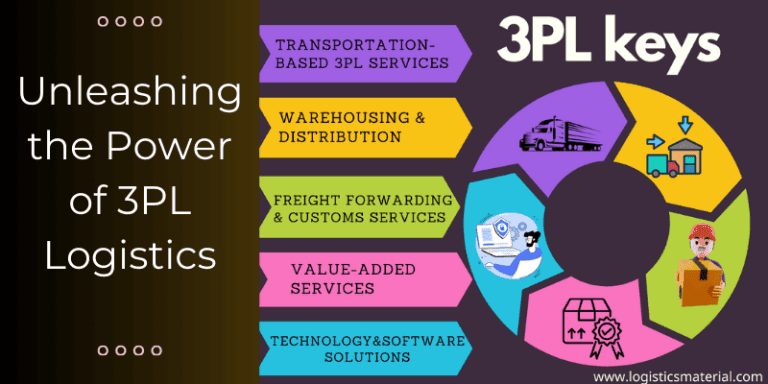By LM Team Writers – 20 October 2024
What's inside:
Introduction
Starting a career as a freight broker can be an exciting venture, especially for those passionate about logistics and transportation. However, before you dive into this dynamic field, it’s crucial to understand the steps involved in obtaining a freight broker license. This process can seem daunting at first, but with the right knowledge, you can navigate it smoothly and lay a solid foundation for your future success.
In this blog post, we will explore the essential steps needed to qualify for a freight broker’s license, starting from understanding the basic requirements to establishing your business structure and ensuring compliance with necessary regulations. In the first step, it’s vital to familiarize yourself with the requirements set forth by the Federal Motor Carrier Safety Administration (FMCSA).
To qualify for a freight broker’s license, you must be at least 18 years old and hold a valid Social Security number. It’s also important to understand the regulations that govern the freight broker industry, as this knowledge will not only help you during the licensing process but also ensure you operate legally and efficiently in the long run.
Understanding these foundational requirements will set you on the right path as you navigate the steps ahead. From there, we will delve into establishing your business structure and the practical steps required to secure your operating authority. Ultimately, equipping yourself with the right information is the first step in becoming a successful freight broker, leading you to the dynamic world of logistics and transportation where you can thrive. Let’s get started!
Why are freight broker licenses important?
It isn`t just regulatory formalities, they are essential for establishing credibility and trust in the logistics industry. In an environment where reliability and professionalism are paramount, having a valid freight license signifies that you have met the requirements and adhere to industry standards. This license provides assurance to shippers and carriers that you are a legitimate business partner who operates within the legal framework set forth by the Federal Motor Carrier Safety Administration (FMCSA).
Moreover, a freight license facilitates smoother operations when connecting shippers to carriers. It allows brokers to negotiate rates, book loads, and manage logistics more effectively, cultivating strong relationships built on transparency and professionalism. Without this license, brokers would struggle to gain the confidence of clients and carriers alike, severely limiting their ability to operate in the industry.
Furthermore, obtaining a freight license is a significant step in safeguarding financial transactions. By securing a surety bond or establishing a trust fund, licensed brokers provide a level of financial protection for shippers and carriers while significantly reducing the risk of fraud. This bond fosters trust, ensuring that all parties involved can operate with the confidence that their interests are protected. In essence, a freight license not only legitimizes your business but also enriches your reputation and operational capabilities in the bustling logistics management landscape.
How much does it cost to get a freight broker license?
When considering a career as a freight broker in Texas, it’s crucial to understand the financial commitments involved in obtaining your freight license. Navigating the licensing process is a vital step in launching your brokerage business, and alongside the necessary knowledge and skills, budgeting for the associated costs is paramount. In Texas, the initial cost to secure your license typically falls between $300 and $1,000. This includes application fees, which are usually around $300, as well as additional expenditures such as bonding and insurance.
A surety bond is mandatory for all freight brokers, and the cost of this bond can vary based on factors such as your credit score and the bond amount required. For a standard $75,000 bond, you might expect to pay anywhere from 1% to 15% of the bond value upfront, depending on your financial history. Additionally, it’s essential to factor in the cost of training and resources. Many aspiring brokers find value in educational programs specifically designed for freight brokerage, which can range from several hundred to a few thousand dollars, depending on the depth and breadth of the training provided.
Consider also the cost of developing a robust marketing strategy, software tools to manage logistics, and potential office space if you choose to establish a physical presence. Ultimately, while the upfront costs of obtaining your freight license in Texas may seem overwhelming, it’s important to view these expenses as an investment in your future success. With careful planning and the right tools at your disposal, you’ll be well-equipped to thrive in the ever-evolving freight brokerage market.
The 7 steps To Get the License
Becoming a freight broker can be a rewarding career path, offering opportunities to connect shippers with carriers and facilitate efficient transportation solutions. This process involves several key steps, including meeting specific requirements, securing necessary bonds and insurance, and passing required examinations. By understanding these steps and preparing accordingly, you can navigate the licensing process and establish your own successful freight brokerage business.
1- Understand the Requirements
To qualify for a freight broker’s license, you need to be at least 18 years old and have a valid Social Security number. Familiarize yourself with the regulations set by the Federal Motor Carrier Safety Administration (FMCSA), as they govern the licensing process for freight brokers and freight forwarding companies.
2- Establish Your Business Structure
To qualify for a freight broker’s license, you need to be at least 18 years old and have a valid Social Security number. Familiarize yourself with the regulations set by the Federal Motor Carrier Safety Administration (FMCSA), as they govern the licensing process for freight brokers and freight forwarders.
3- Obtain a Surety Bond or Trust Fund
Another requirement is to secure a freight broker bond or trust fund. The FMCSA mandates that freight brokers maintain a $75,000 surety bond or establish a trust fund to protect shippers and carriers against fraud or failure to pay. This bond serves as a financial safeguard and is an industry-standard you cannot overlook.
4- Register with the FMCSA
Once you have your business structured and achieve your bond, the next step is to register with the FMCSA. Complete Form OP-1—Application for Motor Property Carrier and Broker Authority—and submit it along with the appropriate filing fees. Make sure to provide accurate and thorough information, as this application will undergo a detailed review by the FMCSA.
5- Designate a Process Agent
Reight brokers are required to designate a process agent in each state where they conduct business. This agent acts as your representative for legal documents and notifications. You can acquire a process agent from various companies that specialize in providing these services, making the process straightforward.
6- Receive Your Authority
Once approved, you will receive your broker authority from the FMCSA. Congratulations! With this document, you can legally operate as a freight broker and begin to build your network of shippers and carriers.
7- Stay Compliant
The licensing process doesn’t end once you receive your authority. It’s crucial to remain compliant with all federal and state regulations, including adhering to financial obligations and maintaining your surety bond. By following these steps diligently, you will set a solid foundation for your career as a freight broker. With the world of logistics continuously evolving, being equipped with the right license is your gateway to a successful and rewarding venture in this vital industry.
The Bottom Line
Embarking on the journey to become a freight broker is an exciting endeavor filled with potential for personal and professional growth. By following the seven essential steps outlined in this guide, you can simplify the licensing process and lay a solid foundation for your future business.
Remember, obtaining your freight license is more than just a regulatory requirement—it’s a critical milestone that empowers you to operate legally and effectively within the logistics industry. As you navigate through the necessary paperwork, gather your bonds, and prepare for any examinations, maintain a focus on building your network and understanding market dynamics.
Each step you take will not only advance your licensing goal but also enhance your knowledge and confidence as a freight broker. With perseverance and a proactive approach, you will not only secure your license but also position yourself to thrive in the fast-paced world of freight brokering. Don’t hesitate to leverage industry resources and connect with experienced professionals for guidance along the way. Your journey as a freight broker is just beginning, and with the right preparation, it can lead to a fulfilling and successful career.











